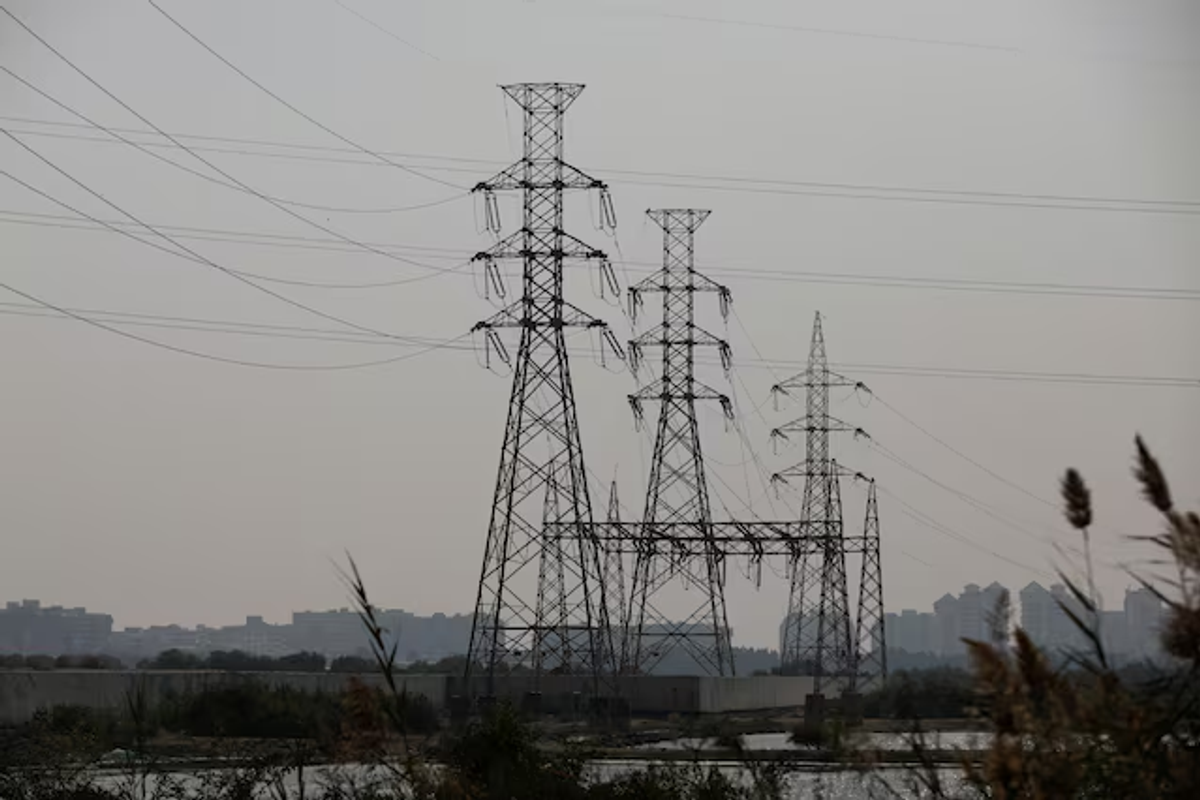Transmission and distribution issues undermine Pakistan’s power generation sector: regulator
Despite having substantial installed generation capacity of 45,123.9 megawatts (MW) as of June this year, the sector faces numerous challenges

Javed Mirza
Correspondent
Javed Iqbal Mirza is an experienced journalist with over a decade of expertise in business reporting, news analysis, and investigative journalism. His work spans breaking news, editorial pieces, and in-depth interviews.

Pakistan’s inadequate transmission and distribution system has undermined the entire power generation system resulting in inefficiency and high costs.
According to a report by the National Electric Power Regulatory Authority (NEPRA), the efficiency of power plants is significantly reduced because of congestion in the transmission network. This congestion prevents efficient power plants from operating at full capacity, leading to underutilization of cost-effective energy sources and reliance on more expensive ones.
Ongoing load shedding, exacerbated by high technical and commercial losses due to poor governance and mismanagement, also contributes to the underutilization of existing power generation capacity.
Despite having substantial installed generation capacity of 45,123.9 megawatts (MW) as of June this year, the sector faces numerous challenges.
Thermal power accounts for the majority of this capacity, while renewable energy sources like hydro, wind, solar, and bagasse are growing but still contribute a limited share of the overall energy mix. The sector remains heavily reliant on thermal generation, particularly from Independent Power Producers (IPPs).
However, inefficiencies, underutilized capacity, transmission constraints, and the intermittency of renewable energy sources continue to strain the sector, affecting both performance and cost-effectiveness. Over 82% of electricity costs in the financial year 2023-24 were attributed to generation.
One key issue driving these costs is overcapacity. Many plants operate below their potential due to overestimated demand, leading to financial strain. Payments to underutilized plants, based on their availability rather than actual output, further intensify financial pressures. These inefficiencies are compounded by the challenges of integrating renewable energy into the grid.
Renewable energy sources, despite their low operating costs, face significant challenges like transmission bottlenecks and grid limitations, which prevent them from fully contributing during peak times.
Additionally, there is a significant geographical mismatch between the locations of power generation and consumption. Most cost-effective generation capacities, primarily thermal and renewable plants, are concentrated in the southern regions, while the largest demand centers are in the central parts of the country, often 800-900 km away. This spatial misalignment, exacerbated by inadequate transmission infrastructure, results in underutilization of efficient plants and increased reliance on more expensive plants located closer to demand centers.
NEPRA recommends several critical reforms for Pakistan’s power generation sector. These include optimizing the utilization of existing generation assets by improving operational efficiency and addressing inefficiencies in both thermal and renewable plants. This could involve modernizing existing plants, decommissioning outdated ones, or restructuring inefficient power agreements.
To integrate renewable energy more effectively, the transmission and distribution systems must be upgraded to handle the variability and intermittency of wind and solar power.










Comments
See what people are discussing